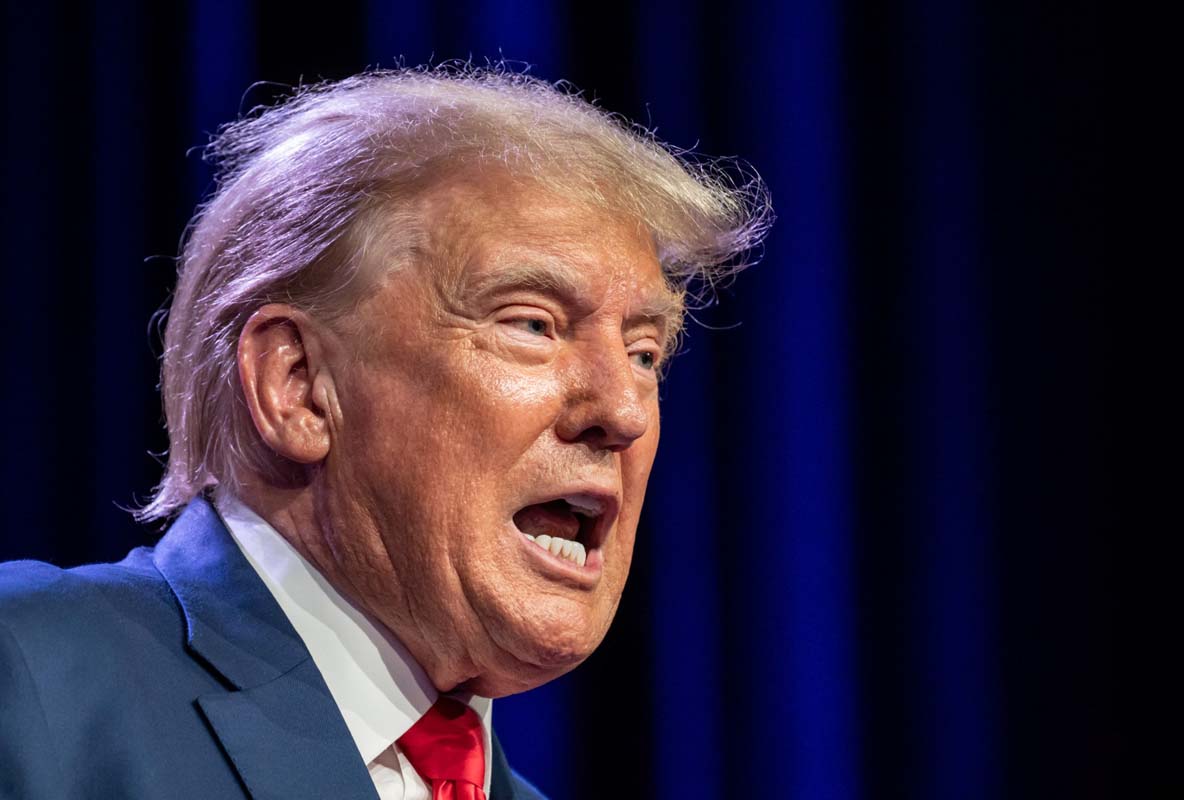
403
Sorry!!
Error! We're sorry, but the page you were looking for doesn't exist.
Trump`s presidency unlikely to alter foreign policy
(MENAFN) Donald Trump's election victory has sparked debate about the potential for significant shifts in U.S. foreign policy. While his supporters hope for a radical departure from the Biden administration's approach, experts suggest that major changes are unlikely, even if Republicans hold a majority in Congress. Despite his campaign promises of transforming U.S. foreign policy, Trump's presidency will likely face the same institutional constraints that limited his first term.
Even with a stronger Republican majority in both the House of Representatives and the Senate—bodies that hold considerable sway over foreign policy—Trump's ability to fully implement his policy agenda will be limited. His administration is expected to continue with the "America First" approach, prioritizing pragmatic foreign policy goals over sweeping changes.
Looking back at his first term, Trump's bold promises often fell short of delivering real change. For instance, despite his calls for NATO to shoulder more defense responsibilities and his desire for warmer relations with Russia, the outcome was mixed, with NATO becoming more self-sufficient and U.S.-Russia relations remaining strained due to sanctions and continued support for Ukraine. Trump's confrontational stance on China, including a trade war and increased competition in high-tech sectors, was largely a continuation of the Obama-era "pivot to Asia" strategy rather than a new direction. Ultimately, Trump's foreign policy may be more tactical than transformative, with strategic priorities largely unchanged.
Even with a stronger Republican majority in both the House of Representatives and the Senate—bodies that hold considerable sway over foreign policy—Trump's ability to fully implement his policy agenda will be limited. His administration is expected to continue with the "America First" approach, prioritizing pragmatic foreign policy goals over sweeping changes.
Looking back at his first term, Trump's bold promises often fell short of delivering real change. For instance, despite his calls for NATO to shoulder more defense responsibilities and his desire for warmer relations with Russia, the outcome was mixed, with NATO becoming more self-sufficient and U.S.-Russia relations remaining strained due to sanctions and continued support for Ukraine. Trump's confrontational stance on China, including a trade war and increased competition in high-tech sectors, was largely a continuation of the Obama-era "pivot to Asia" strategy rather than a new direction. Ultimately, Trump's foreign policy may be more tactical than transformative, with strategic priorities largely unchanged.

Legal Disclaimer:
MENAFN provides the
information “as is” without warranty of any kind. We do not accept
any responsibility or liability for the accuracy, content, images,
videos, licenses, completeness, legality, or reliability of the information
contained in this article. If you have any complaints or copyright
issues related to this article, kindly contact the provider above.


















Comments
No comment